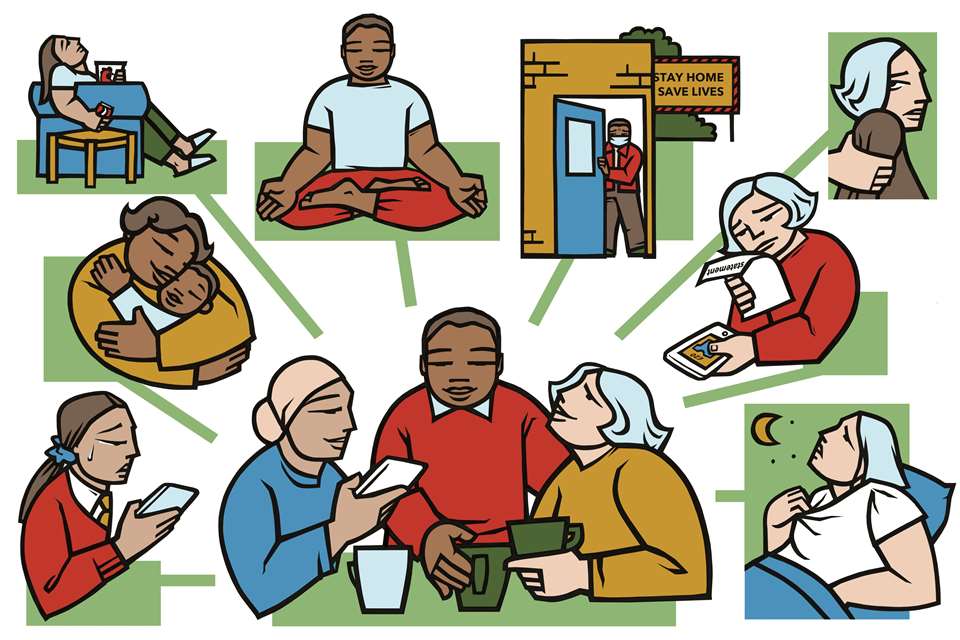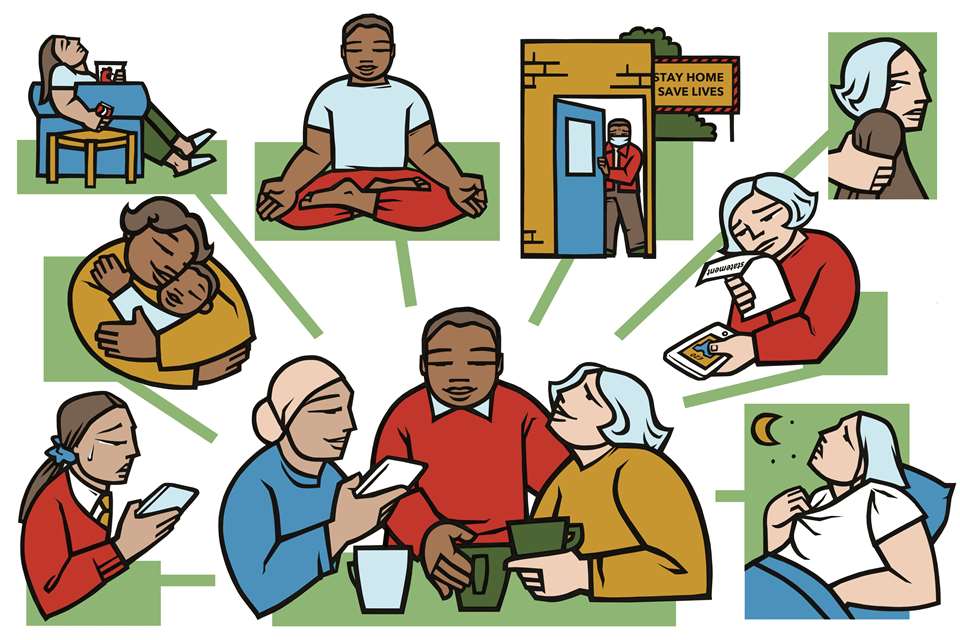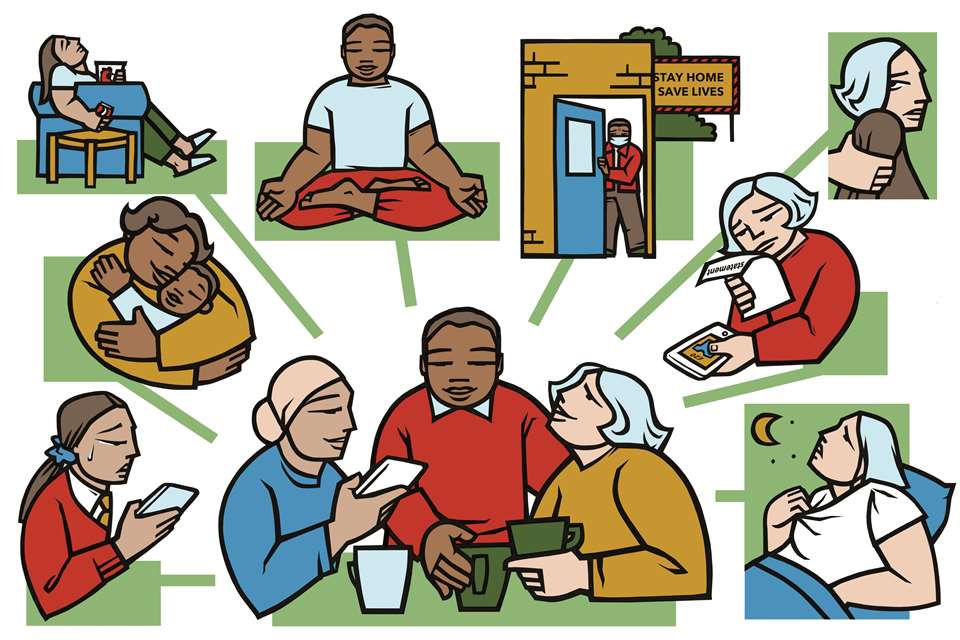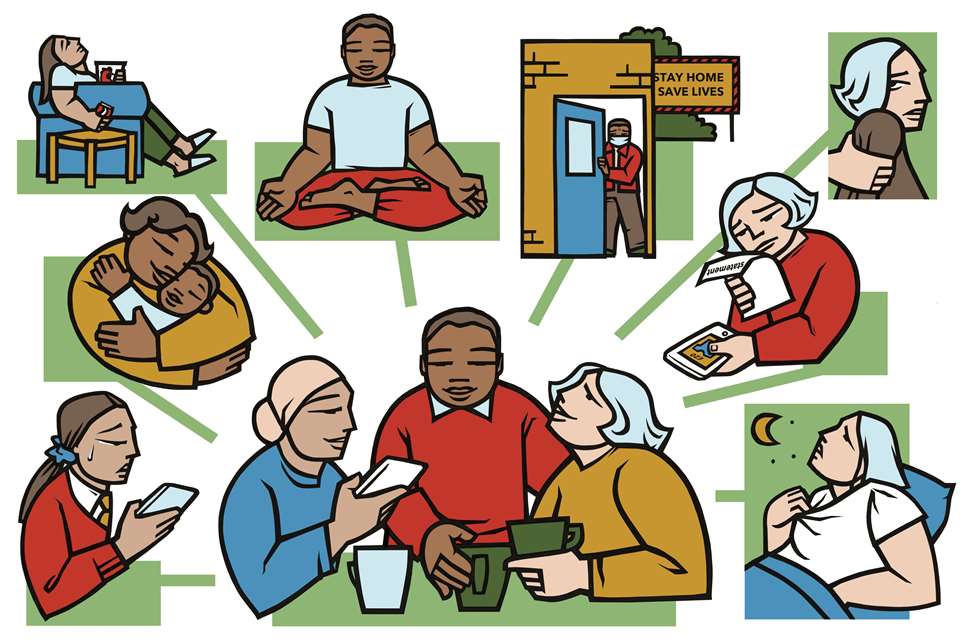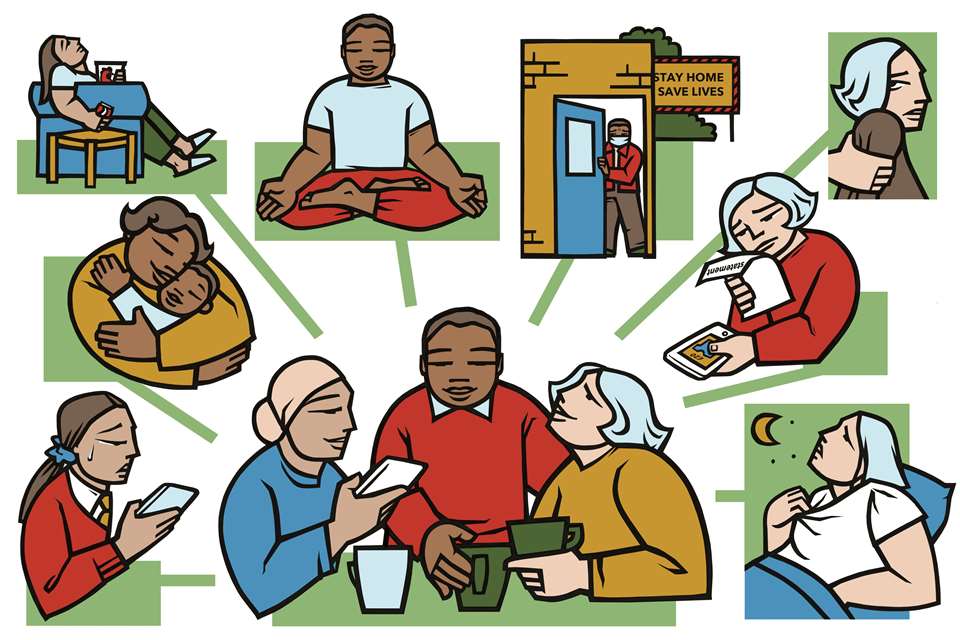Staff Health & Wellbeing: Part 9 - All’s not equal
Charlotte Goddard
Tuesday, January 4, 2022
Wellbeing depends on all aspects of identity being respected. Charlotte Goddard considers issues around intersectionality
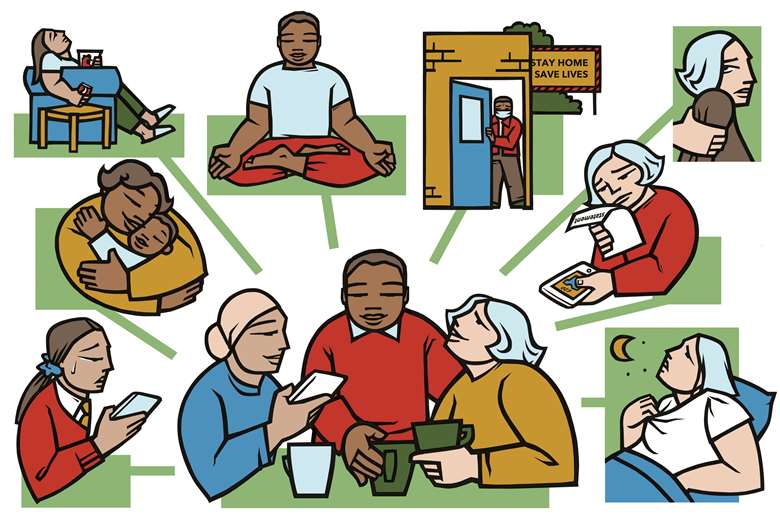
The theme for last year’s Early Years Wellbeing Week, which took place in October 2021, was ‘This is Me’. The week, led by consultant and trainer Kate Moxley, focused on mental health in an unequal world.
‘2020 highlighted inequalities due to race and ethnicity, sexual orientation and gender identity, and the lack of respect for human rights, including for people living with mental health conditions,’ says Moxley. ‘Such inequalities have an impact on people’s mental health.’
Intersectionality is a way of looking at how different aspects of a person’s identity can combine to create different types of discrimination, with some people facing multiple disadvantages due to a combination of factors. The ‘This Is Me’ theme aimed to raise awareness of these issues, but also to empower early years colleagues to share and celebrate intersections of their identity.
‘We should not have to hide away huge parts of our identity, such as our cultural or ethnic background, sexuality, gender identity, neurodiversity, disability and health conditions,’ says Moxley. ‘Taking the time to get to know each other on a deeper level will foster inclusion and belonging.’
Sex
Simply being a woman – like more than 95 per cent of early years practitioners, according to a 2020 Social Mobility Commission report – has an impact on health and wellbeing. Studies suggest, for example, that when men and women express the same amount of pain, women’s pain is considered less intense by both male and female observers based on gender stereotypes. This so-called pain bias can affect the kind of treatment that is offered.
Women are more likely than men to live in poverty, to experience physical and sexual abuse and to be carers, which can lead to stress, anxiety and isolation. Life events and hormonal changes can also affect women’s health – including postnatal and antenatal depression, and the menopause – with a wide range of symptoms including insomnia and sleep disturbance, lack of concentration, brain fog and memory problems, anxiety and panic attacks.
Given the overwhelmingly female make-up of the workforce, many early years settings are taking the lead in supporting staff and bringing women’s health issues out into the open (see Case study). London Early Years Foundation (LEYF), for example, has drafted a Menopause Policy, designed to create a supportive framework for employees experiencing the menopause and to ensure that staff can seek support. Every nursery will also receive a copy of the book Menopause: 35 Women Speak by Caroline Vollans, which shows how being able to discuss the menopause can empower women.
Ethnicity
Research shows that rates of mental health problems can be higher for some different ethnic minority groups than for white people, although it is always important to bear in mind that experiences can vary widely. Experiencing racism can have a negative effect on overall health and mental health. In addition, people from ethnic minority communities are more likely to experience poverty and homelessness and face challenges accessing services, which can increase the risk of developing mental health problems.
People from ethnic minority groups can face barriers to getting help, including not feeling listened to or understood by healthcare professionals, and white professionals not understanding their experiences of racism or discrimination.
Studies carried out during the pandemic, such as an analysis of data from 70,000 people from University College London, have shown that people from ethnic minority backgrounds have been disproportionately affected by pandemic-related restrictions in terms of mental health. They scored higher in measures including anxiety, stress, thoughts of death, self-harm, abuse, life satisfaction, loneliness and happiness, and had less confidence in the Government and belief that health services could cope with the crisis. About half of adults from ethnic minority backgrounds reported poorer mental health as a result of the pandemic, compared with only 35 per cent of white participants.
‘People from low socioeconomic backgrounds have been disproportionately hurt by restrictions, people from ethnic minority groups have faced more challenges than white ethnicities; and the mental health of young adults has been hit particularly hard,’ say UCL’s Dr Daisy Fancourt and Alex Bradbury, two of the report authors. ‘Individuals who fall into two or more of these groups need to be most carefully considered for support.’
LGBT
The latest data from the Office for National Statistics suggests the proportion of the UK adult population identifying as lesbian, gay or bisexual increased from 1.5 per cent in 2012 to 2.7 per cent in 2019. According to NHS England, LGBT people have disproportionately worse health outcomes and experiences of healthcare, while research published by the Chartered Institute of Personnel and Development in 2021 found LGBT employees often experience lower levels of psychological safety, wellbeing and job satisfaction, as well as poorer workplace relationships. The report found four in ten LGB employees, and more than five in ten trans employees, said they had experienced a form of workplace conflict in the past year.
Policy
The NHS is working to tackle health inequalities. In 2019, for example, NHS England appointed a National Advisor for LGBT Health, and it has developed a best practice guide with the LGBT Foundation, which supports healthcare organisations to gather data about LGBT service users and use the information to improve services. Meanwhile, the NHS Race and Health Observatory was established in 2021 to examine ethnic inequalities in health in England and beyond, and to support national bodies in implementing change. However, employers can also support their workforce, by understanding how the different aspects of their team’s identities can impact on their wellbeing.
CASE STUDY: N Family Club
Nursery group N Family Club, based in London and the Home Counties, has introduced ‘Belonging representatives’ to each of its settings to ensure that every team member feels supported. ‘The Belonging rep is the key point of contact to ensure the team understand who each other is, and anything that they need to be doing in that specific site to support each other,’ says Sarah Mackenzie, chief strategy officer at N Family Club. ‘They will also feed things back to us centrally that we might need to bear in mind for policies, and so on.’
Belonging and happiness are seen as two separate things, she explains. ‘There is how happy I am in my work, with my manager, with the company; and then there’s how much do I feel that I belong, how am I viewed, and understood as an individual?’
In the summer, the group sent out an anonymous ‘belonging survey’ to find out more about how staff identified and where more support was needed. ‘We’ve put a huge emphasis on trying to understand who our people are, and what they need from us,’ she says. ‘So rather than believing as a cis woman, that I understand what it would mean to be trans, for example, we ask our teams.’
The survey covered issues including team members’ gender identity, disability, religion and belief, sexual orientation, ethnic background and socioeconomic status.
Listening by itself is not enough – companies also need to act on what they hear. ‘One of the issues that arose in the survey was some of our teams don’t know how to support neuro-divergent team members,’ says Mackenzie. The leadership team is now exploring new training and resources to tackle this. ‘One of the ideas was that we have SENCOs for the children, but not for our team, so that is something we could take forward.’
Aware that some groups might be more comfortable answering questions than others, even anonymously, N Family Club asked consultant and trainer Liz Pemberton, director of The Black Nursery Manager, for advice, too.
CASE STUDY: Portico Day Nurseries
Nicole Politis, director of Portico Day Nurseries, introduced Menopause Coffee Evenings across the group’s six settings in the North West of England back in 2019, after struggling with symptoms herself.
‘When I reached the age of 48 or 49, I started getting bad anxiety,’ she says. Politis set out to educate herself on the menopause. She was prescribed hormone replacement therapy (HRT) and says she became a different person overnight.
The menopause is more widely discussed nowadays, with celebrities shining a spotlight on the symptoms. However, says Politis, there is still a lack of knowledge around symptoms and how to treat them. She decided to run the Coffee Evenings in order to educate staff and support them.
‘I think that being open and honest about how I felt really helped,’ she says. Those attending tried ‘menopause cake’, which has ingredients that are high in phytoestrogens, the oestrogen-like compounds found in soya, linseeds and some dried fruits. They also learned about healthy eating.
During the lockdown, sessions took place over Zoom.
The settings now have posters in the toilets listing the symptoms of the menopause as well as posters informing women on how to check their breasts for cancer. Politis hopes to also educate and support staff about endometriosis.
Download Now



